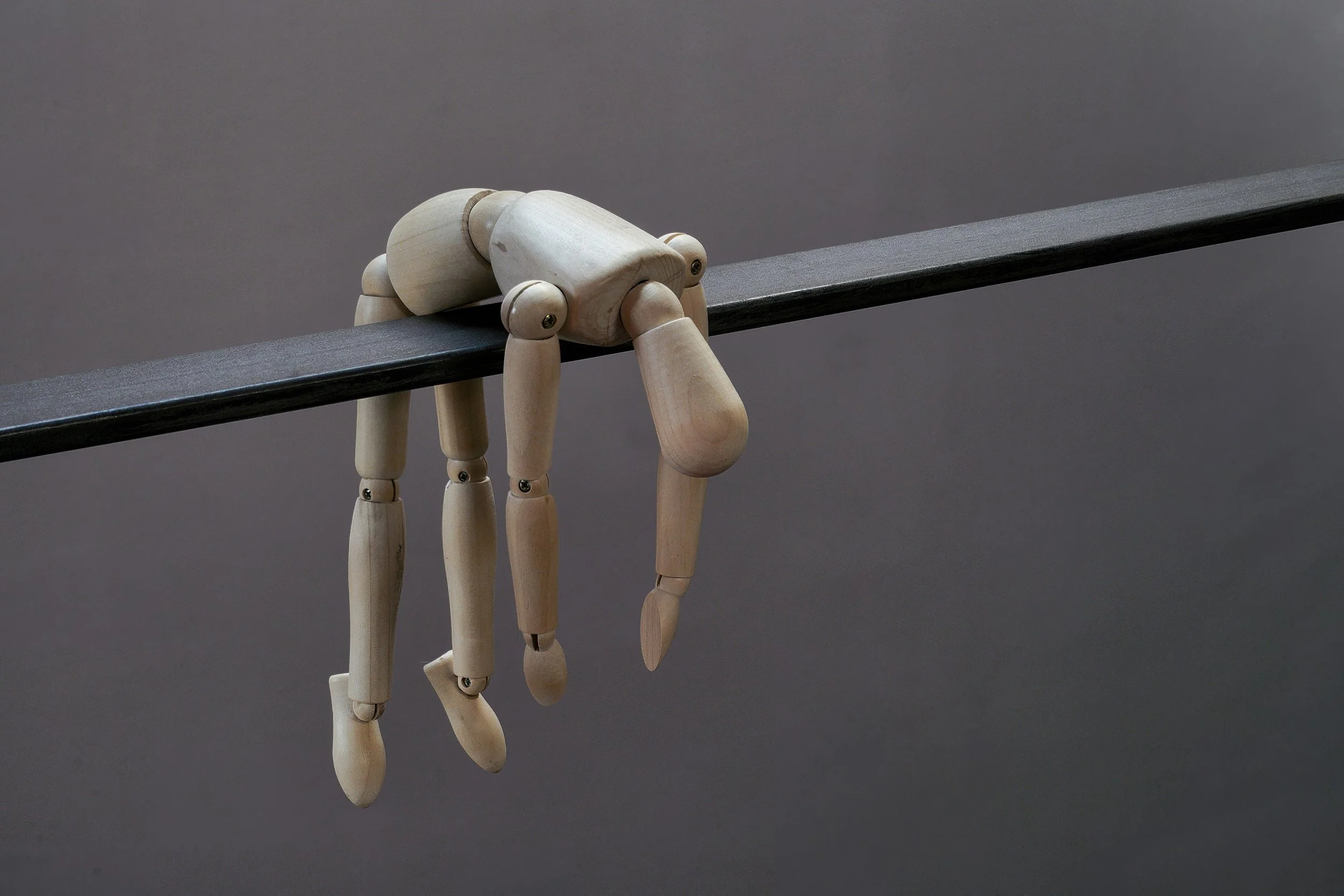ADHD, Shame, and Suicide Risk: What We Need to Talk About
TL;DR
ADHD raises suicide risk, not just from impulsivity but also stigma, shame, executive dysfunction, trauma, and masking. Protective factors—like diagnosis, safe connections, and ADHD-informed care—can shift the story from survival to healing and hope.
This is my first blog post for Kestrel Psychotherapy (in fact, it’s my first blog for anything ever).
Writing in a way that feels digestible to others has never been my strength, and sometimes I wonder how much extra noise the world really needs. But I am stretching my comfort zone and leaning on the words I’ve learned from so many over the past several months.
I decided to start now, at the end of September, because it is Suicide Prevention Awareness Month. This month was also my first time posting professional content on social media, and it felt important to begin here: with a conversation that is not happening enough.
Why Talk About ADHD and Suicide?
For many, ADHD is still thought of as distractibility, fidgeting, or blurting out in class. It’s the friend who always has a funny story, the “scatterbrained” parent who’s late getting out the door, or the gamer who hyperfocuses for hours.
Those images capture a sliver of ADHD, but they don’t reflect the whole story.
When you search for “depression” or “suicide,” you’ll often find stock photos of someone sitting quietly, staring out a window (believe me, I’ve been searching all month). But for many ADHDers, the outside doesn’t look like that. On the outside, someone may seem lively, cheerful, or even charismatic. Inside, though, the pain can be immense.
What Gets Missed
Behind the mask, years of struggle accumulate:
Shame from feeling like you never have it “together enough.”
Exhaustion from masking or performing to keep up appearances.
Social isolation or rejection.
Emotional needs that go unmet, sometimes for decades.
The result? Self-doubt, self-blame, and painful questions: Will it ever get better? Am I too much?
ADHD and Suicide Risk Factors
Research and lived experience show ADHD raises suicide risk for reasons that go far beyond impulsivity:
Executive Dysfunction: Even when you know what might help you in a stressful moment—pause, distraction, deep breaths—the executive piece governs accessing those tools. Without it, you may freeze or default to harmful coping.
Depression & Anxiety: ADHD frequently co-occurs with mood struggles, deepening despair.
Emotional Dysregulation: Distress can feel permanent, making hope hard to hold onto.
Social Isolation: Rejection Sensitivity is real. When perceived criticism or exclusion feel like existential blows, the emotional toll compounds.
Financial Stress: Maintaining steady employment or budgeting can be a challenge, leading to financial instability or debt, which may increase hopelessness.
Trauma: People with ADHD face elevated risk of trauma over their lifetime, which intensifies emotional suffering.
Masking & Shame: Performing “normality” while feeling completely undone inside erodes self-worth.
Identity / Minimization: Living with messages like “You just need to try harder” or “No meds—that’s lazy” chips away at confidence and hope.
Systemic Neglect: ADHD has been minimized or misunderstood—leading to underdiagnosis, poor support, and isolation.
What Helps? Protective Factors
The story doesn’t end there. Research and clinical wisdom also show what helps ADHDers not just survive, but heal and embrace lives worth living:
Being Seen: Getting an accurate diagnosis can lift years of shame and bring language for struggles (though it may initially increase despair as the weight of what’s been missed sinks in).
Safe Connections: Belonging reduces loneliness and reminds you—you are not a burden.
Positive Early Experiences: Even one caring adult can shift a life’s trajectory.
Tailored Support: ADHD-informed therapy, coaching, or accommodations matter.
Tools That Fit: Strategies designed for the ADHD brain create space for growth and healing.
Medication: For many, working with a prescriber to explore options can calm the brain and nervous system enough to make other supports more effective.
Moving From Silence to Hope
ADHD raises suicide risk—but there is hope. With the right support, ADHDers can find more than survival. They can build a future that feels worth living.
As we close out Suicide Prevention Awareness Month, my invitation is this: Let’s not miss the hidden pain behind the mask of ADHD. Please. Let’s change the narrative from shame and silence to understanding and support.
In October, we’ll step into ADHD Awareness Month, where I’ll share short, practical posts on ADHD-informed treatment, tools that fit, and how to find supportive care.
And if you’re an adult with ADHD in Georgia—or a loved one, friend, or professional supporting someone with ADHD—know that support is available. For those outside my state, online ADHD therapy and resources can also help. You are not broken, and you don’t have to figure it out alone.
I’d love your input: What would you like to learn more about in October?
If you’d like to learn more about ADHD-informed therapy or consultation, you can visit my Home page
Further Reading & Resources
Colmenero-Navarrete, L., et al. (2020). Emotion dysregulation and suicidal ideation in ADHD populations: A review.
Pisani, A.R., et al. (2012). Emotion regulation difficulties and suicide attempts among young adults.
Fuller-Thomson, E., et al. (2022). Financial distress and suicide risk in adults with ADHD.
CDC – Suicide Prevention
NIMH – ADHD
📞 If you are in the U.S. and in crisis, call or text 988 to connect with the Suicide & Crisis Lifeline.
🌈 For LGBTQ+ youth, call the TrevorLifeline at 1-866-488-7386 for 24/7 confidential support.



